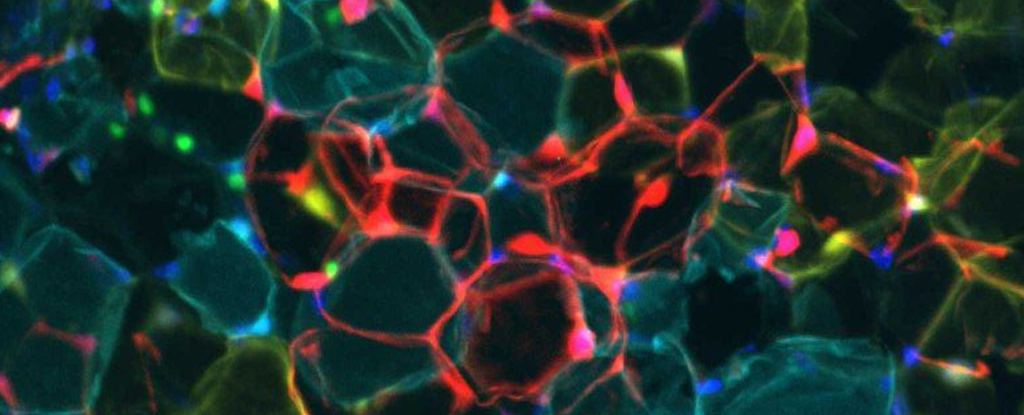
A recent study has unveiled the significant role of a single amino acid, cysteine, in the body’s ability to burn fat and promote weight loss. Conducted by a team of researchers from various institutions in the United States, the investigation sheds light on why calorie reduction often leads to weight loss. The findings suggest that regulating cysteine levels could be crucial in enhancing metabolic processes that convert white fat, which is stored in the body, into brown fat, which burns energy and generates heat.
The research indicates that cysteine depletion activates a biological mechanism that effectively acts as a weight-loss engine. According to Krisztian Stadler, a biomedical engineer at the Pennington Biomedical Research Center, “These results suggest future weight management strategies that might not rely exclusively on reducing caloric intake.” This implies that while calorie counting is a common method for weight loss, it may not be the most effective strategy on its own.
To explore this concept further, the researchers designed an experiment with mice that were unable to produce cysteine. The results were striking: these mice experienced a weight loss of approximately 25-30 percent within a week when cysteine was not included in their diet. In contrast, mice that could synthesize the amino acid showed no significant weight loss, highlighting the importance of cysteine in fat metabolism.
Although the study primarily involved animal subjects, the researchers also analyzed data from 238 individuals who had participated in a calorie-reduction diet trial. The findings revealed that these participants had lower levels of cysteine in their fat tissue, suggesting a correlation between caloric intake and cysteine levels in humans.
While the potential of targeting cysteine for metabolic adjustments is exciting, caution is warranted. The study noted that blocking cysteine led to a life-threatening drop in weight among the mice, although the weight was restored once cysteine levels were normalized. It is crucial to remember that cysteine is vital for various metabolic functions, and disrupting its balance can have serious consequences.
Stadler elaborates on the complexity of this relationship, stating, “In addition to the dramatic weight loss and increase in fat burning resulting from the removal of cysteine, the amino acid is also central to redox balance and redox pathways in biology.” This intricate interplay suggests that while targeting cysteine could lead to advancements in weight management strategies, the body’s metabolic processes are finely tuned, and changes in one area can impact many others.
The research, published in Nature Metabolism, emphasizes the need for a comprehensive understanding of energy metabolism. Eric Ravussin, a physiologist at the Pennington Biomedical Research Center, remarked, “Reverse translation of a human caloric restriction trial identified a new player in energy metabolism.” This highlights the ongoing efforts to unravel the complexities of weight loss and metabolic health.
As this research continues to unfold, it opens avenues for innovative weight management strategies that may transcend traditional calorie counting, offering hope for more effective solutions in the fight against obesity.






